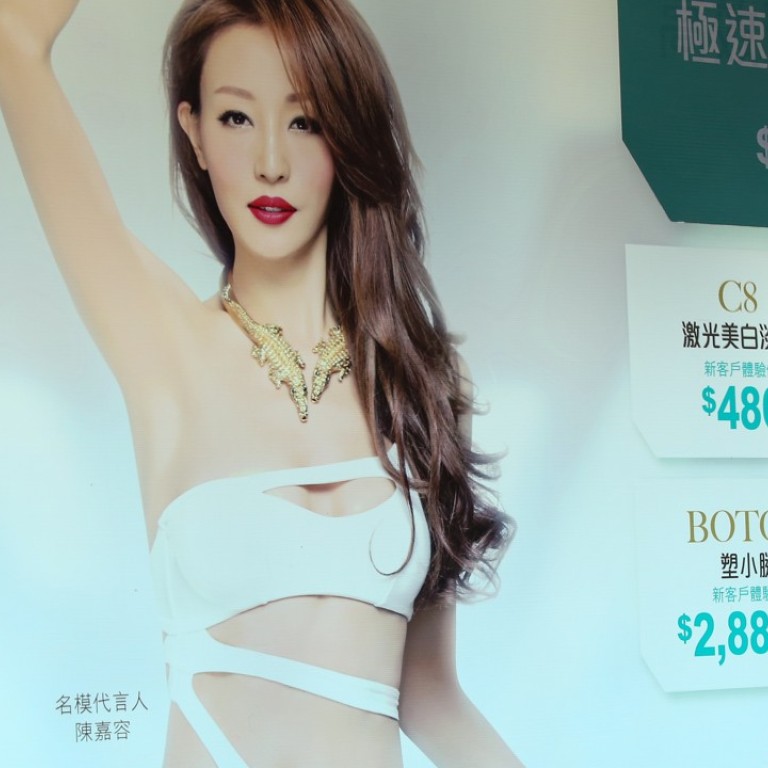
Despite deaths, still no action on Hong Kong beauty industry
Government proposals continue to percolate through political system, even as two cosmetics workers convicted of manslaughter await sentencing
Five years after a serious blunder at a beauty salon left one woman dead and three others seriously injured, the Hong Kong government has not cracked down on unscrupulous procedures in the medical cosmetics industry, which is still booming.
As if the fatal errors never happened, clinics continue to promote questionable procedures. A government proposal to ban high-risk treatments unless supervised by a doctor has not served its purpose, its implementation dragging on for years.
Some procedures identified as safety concerns continue to be performed without a doctor, including common facelift techniques, such as high-intensity focused ultrasound (Hifu) treatment and Botox injections.
And there is still no specific legislation to regulate beauty clinics, no department to control the use of novel devices in clinics and no disciplinary board to review training and qualification of beauticians.
“Nothing has changed in 30 years in the regulations despite so many fatal blunders taking place,” legislator Kwok Ka-ki, a doctor by profession, said.
Dr Feng Chi-shun, a retired Hong Kong pathologist who is now a local medical commentator, said: “Despite all the scandals, women continue to flock to unethical beauty vendors and untrained doctors for bogus and substandard beauty treatments.”
LEGAL – FOR NOW
In November, the Post visited a beauty chain in Mong Kok that promotes a vagina tightening therapy. Staff said the treatment was particularly effective for women who had given birth.
A flier explained the therapy used electric waves to stimulate the vagina and increase its elasticity. A batch of 10 sessions cost HK$28,000 (US$3,586).
A worker at the shop said the procedure could be safely conducted by therapists rather than doctors, but could not explain its scientific basis.
The beauticians also claimed they could legally perform Hifu treatment, even though government proposals would restrict it to application only under a doctor’s supervision.
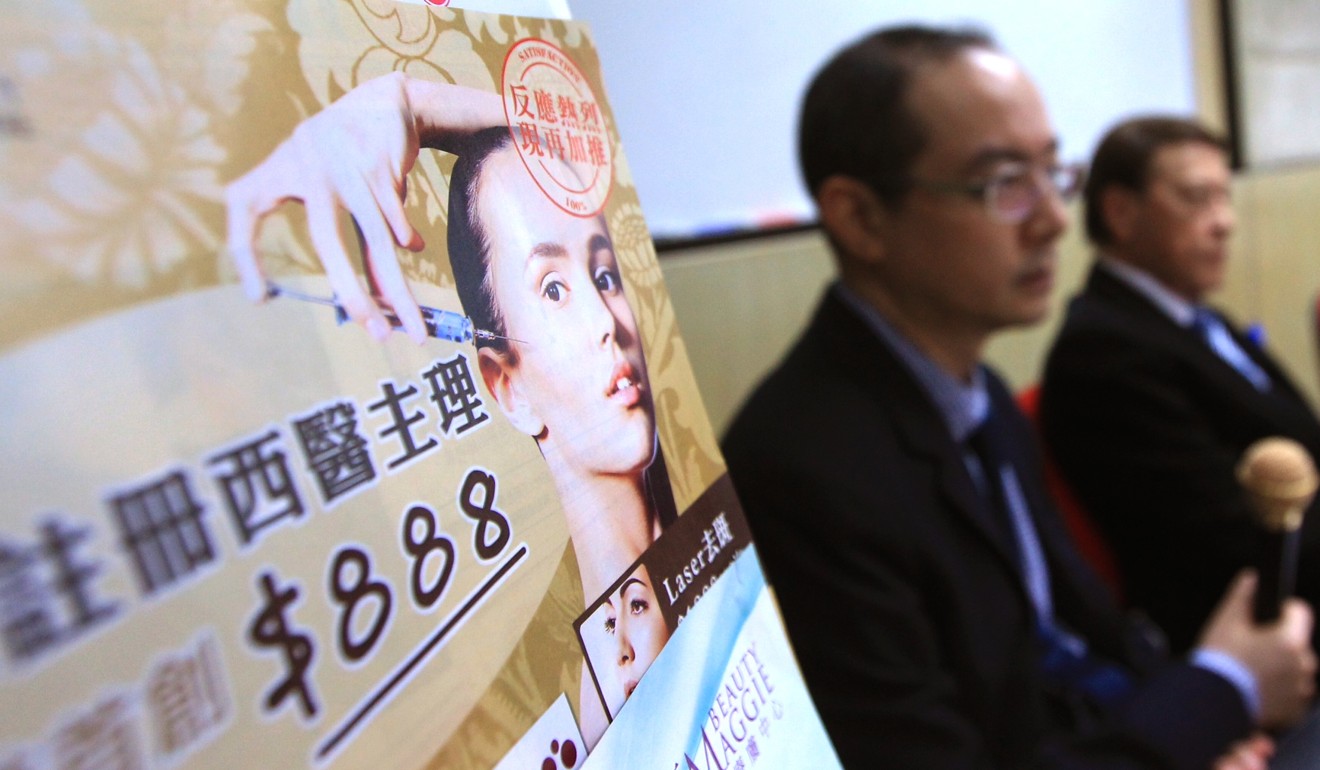
The proposals have been percolating through the city’s political system for years. They came after the fatal procedure of 2012, which culminated in two criminal convictions on Tuesday.
The victims, who had each paid HK$59,500 for an experimental cancer therapy, suffered septic shock at DR beauty centres in Causeway Bay and Mong Kok. The therapy involved extracting, processing and then reintroducing a patient’s blood.
DR Group marketed this medical treatment as a health care therapy said to improve the immune system by injecting enhanced cells that can kill mutated cells before they become cancer.
Chan Yuen-lam, 46, died of multi-organ failure caused by mycobacterium abscessus septicaemia following the therapy. Hong Kong’s top microbiologist Dr Yuen Kwok-yung said of Chan that he had “only seen [such bacterial levels] in terminally ill Aids patients”.
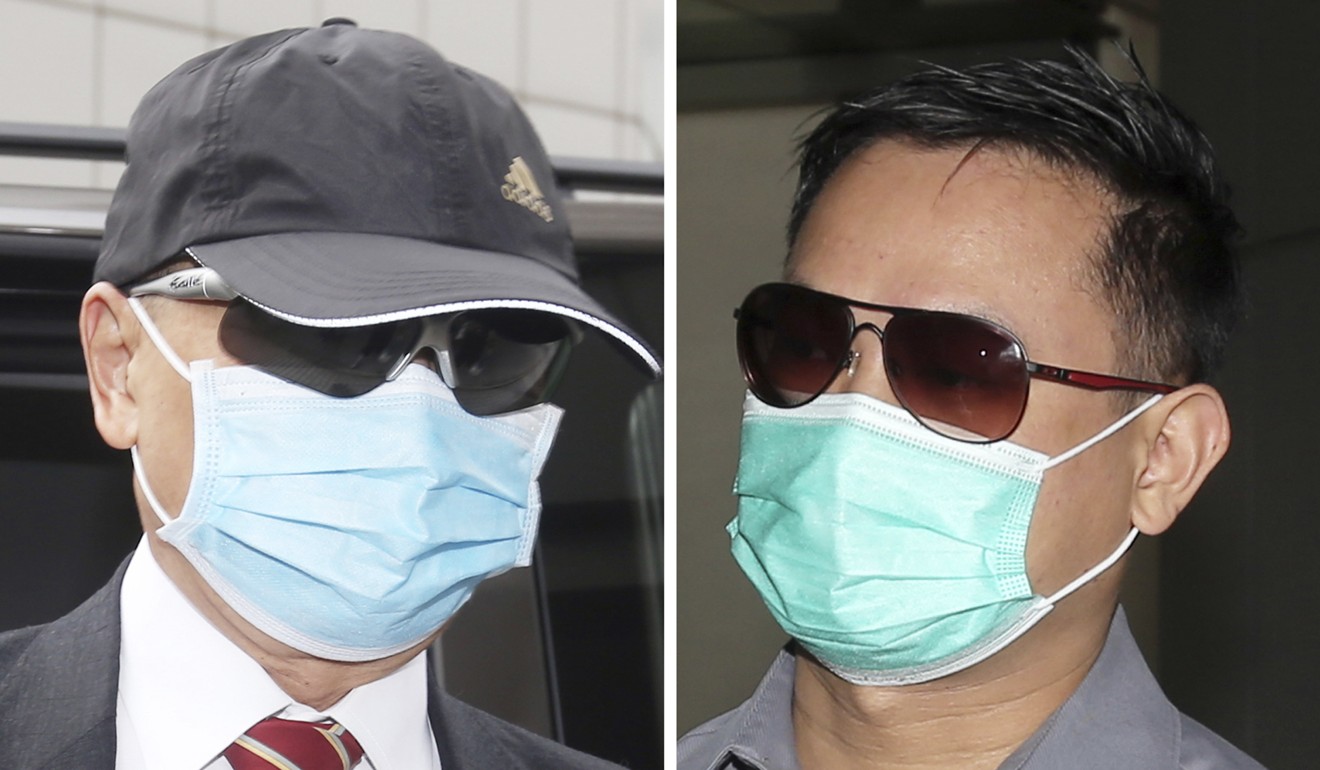
The High Court found DR Group head Dr Stephen Chow Heung-wing and technician Chan Kwun-chung guilty of manslaughter. The jury was unable to reach a verdict on their co-defendant, employee Dr Mak Wan-ling. Chow and Chan were set to be sentenced on December 18.
Two years after Chan’s death, a woman died after having liposuction at a hair transplant centre. Li Ka-ying, a 32-year-old dance instructor, died of a suspected anaesthetic overdose after slipping into a coma.
The shocking incidents have exposed the lax supervision of the industry, forcing the government to form a steering committee to review regulations of private health care facilities in 2012.
Bacteria at levels ‘only seen in terminal Aids patients’: doctors await verdict over fatal beauty blunder
NEW REGULATIONS
The committee proposed a new law to identify a list of procedures with potential safety concerns. Procedures on the list would be performed only by registered medical practitioners or under their supervision.
These included procedures involving injections, mechanical or chemical skin exfoliation and hyperbaric oxygen therapy.
Another proposal announced in January suggested placing 20 types of medical device into four risk categories, with the most dangerous ones to be operated only with a doctor around. They included devices providing popular beauty treatments such as skin lasers, robotic hair restoration and Hifu.
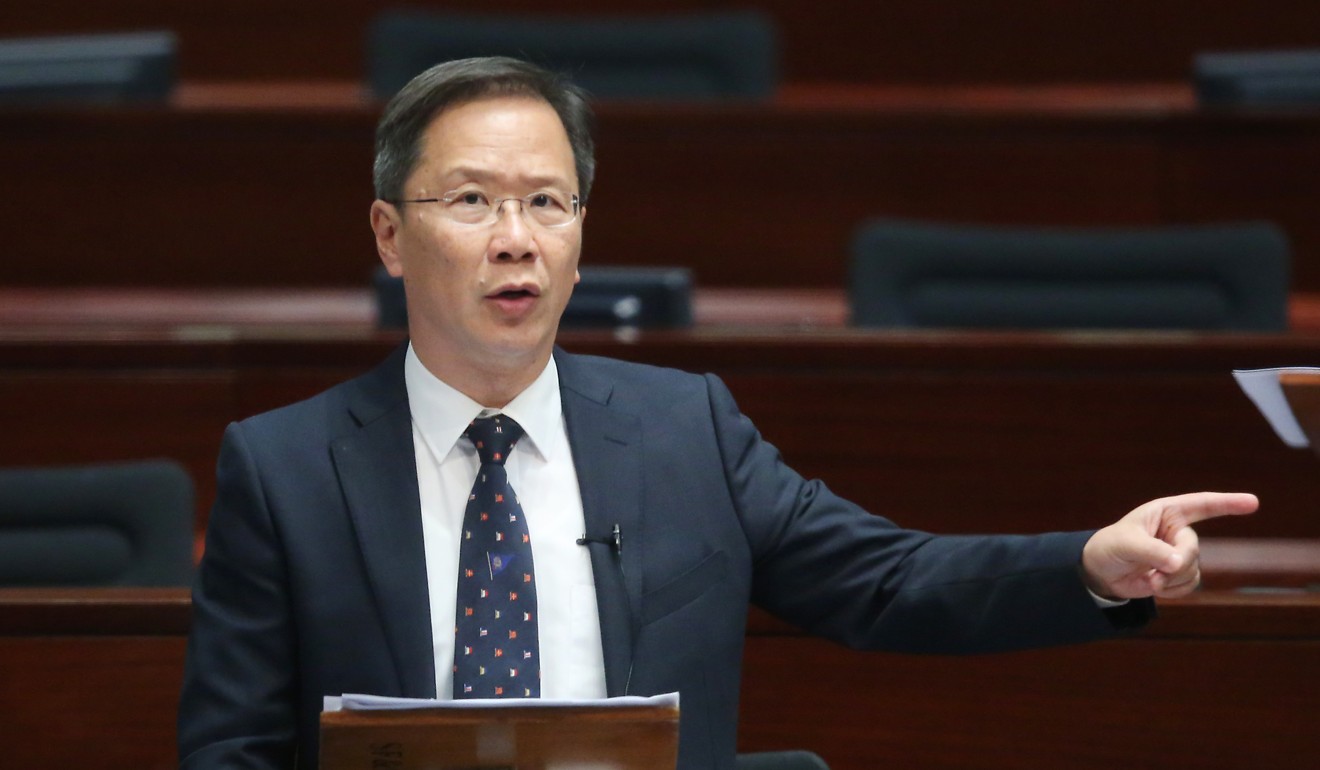
The new laws would be the first major step to clarify the role of beauticians and the definition of cosmetic procedures in Hong Kong.
In contrast, many other Asian cities where beauty services are common already have a clearer legal framework than Hong Kong’s.
In South Korea, beauticians can only perform conventional skin care treatments and are banned from taking part in more complicated aesthetic practices.
In Singapore, beauticians can only perform non-invasive procedures, such as chemical peels and laser hair removal.
But the local proposals have not been timetabled for debate in the Legislative Council, five years after the DR incident. Explaining the delay, a spokesman for the Food and Health Bureau said it was still considering various aspects of the bill before lawmakers vote on it.
The Hong Kong College of Community Medicine urged the government to expedite drafting and enacting the legislation relating to medical devices.
“Hong Kong is already behind many developed countries on this front,” Dr Ronald Lam, honorary secretary of the college, said.
The beauty sector is against the new bills. Nelson Yip Sai-hung, chairman of the Federation of Beauty Industry, said the law would unnecessarily kill the development of the cosmetics industry.
“This is discrimination against beauticians as it is confusing the cosmetic and medical markets,” he said.
And Amy Hui Wai-fung, chairwoman of the Hong Kong Beauty and Fitness Professionals General Union, said: “Under the new law, there is also a possibility that some cash-rich beauty chains would hire doctors to replace beauticians and monopolise the market.
“If beauticians are replaced by doctors, practitioners at small and medium-sized beauty centres could lose their jobs. Customers will have fewer choices in relevant services and face higher service charges,” Hui said.
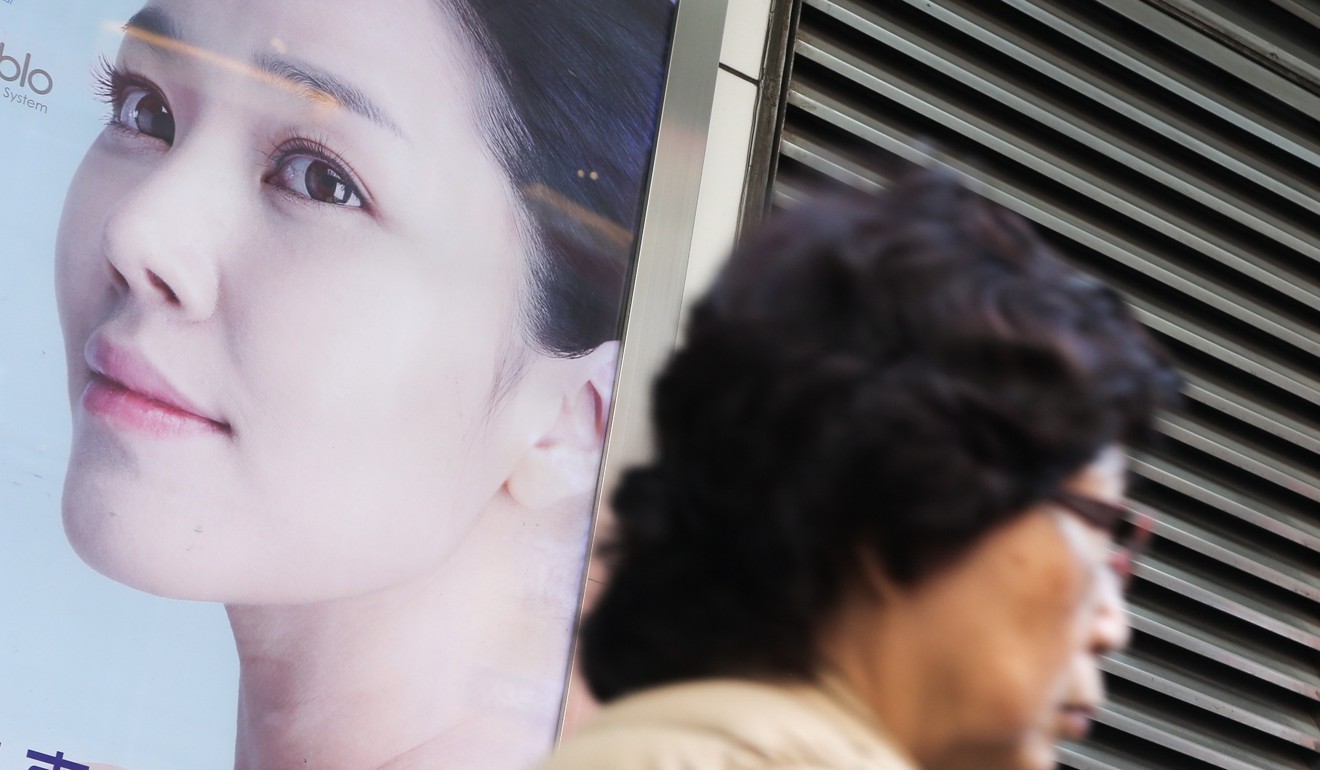
The sector had about 40,000 employees in 9,900 centres in 2014, and business is booming.
This accounted for 58.1 per cent of the total beauty service market during that year.
The study predicted that at the current growth rate, the number of consumers could reach 836,700 by 2020 with revenue to grow to HK$8.1 billion. The industry is expanding at a faster rate than the traditional beauty services market – set to hit HK$4.7 billion by 2020 – thanks to the growing acceptance of such procedures and increasing affordability.
LICENSING BEAUTY PRACTITIONERS
Despite disputes over new rules, legislators and business representatives agree on one thing: the government should regulate training for beauty practitioners.
Lawmakers from across the political spectrum have urged the government to create a licensing system, which could hold beauticians to account under a disciplinary board hearing.
The beauty sector has also been calling for standardised assessments for its practitioners.
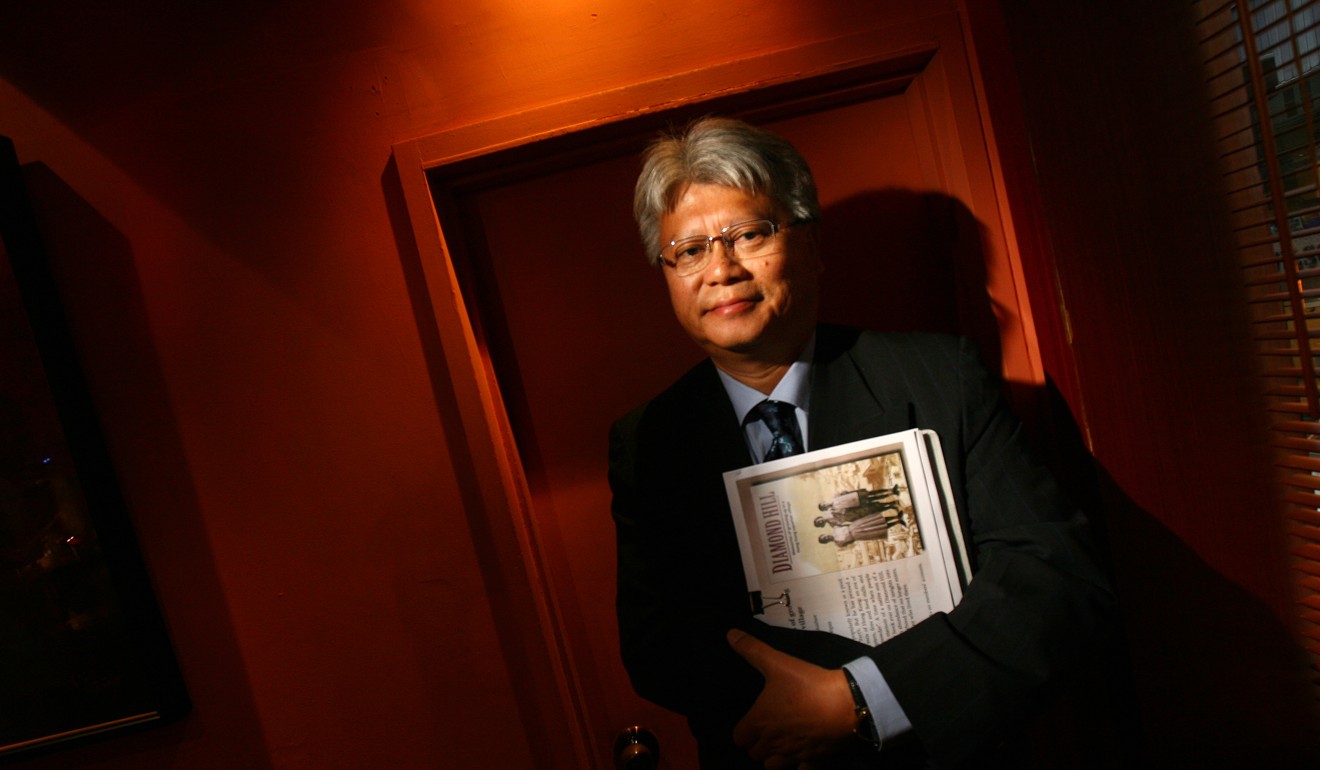
professionalism by our own efforts.”
These associations, consisting of beauty clinics and training schools, promised they would “strengthen self-regulation” by hiring qualified practitioners, encouraging employees to further study, and giving customers clear information about treatments.
Lawmaker for the health sector, Professor Joseph Lee Kok-long, said the government should follow up on the industry’s request and bring professionalism to the industry, so that qualifications of the beauticians can be recognised.
“It would help protect the interest of the customers,” Lee said.
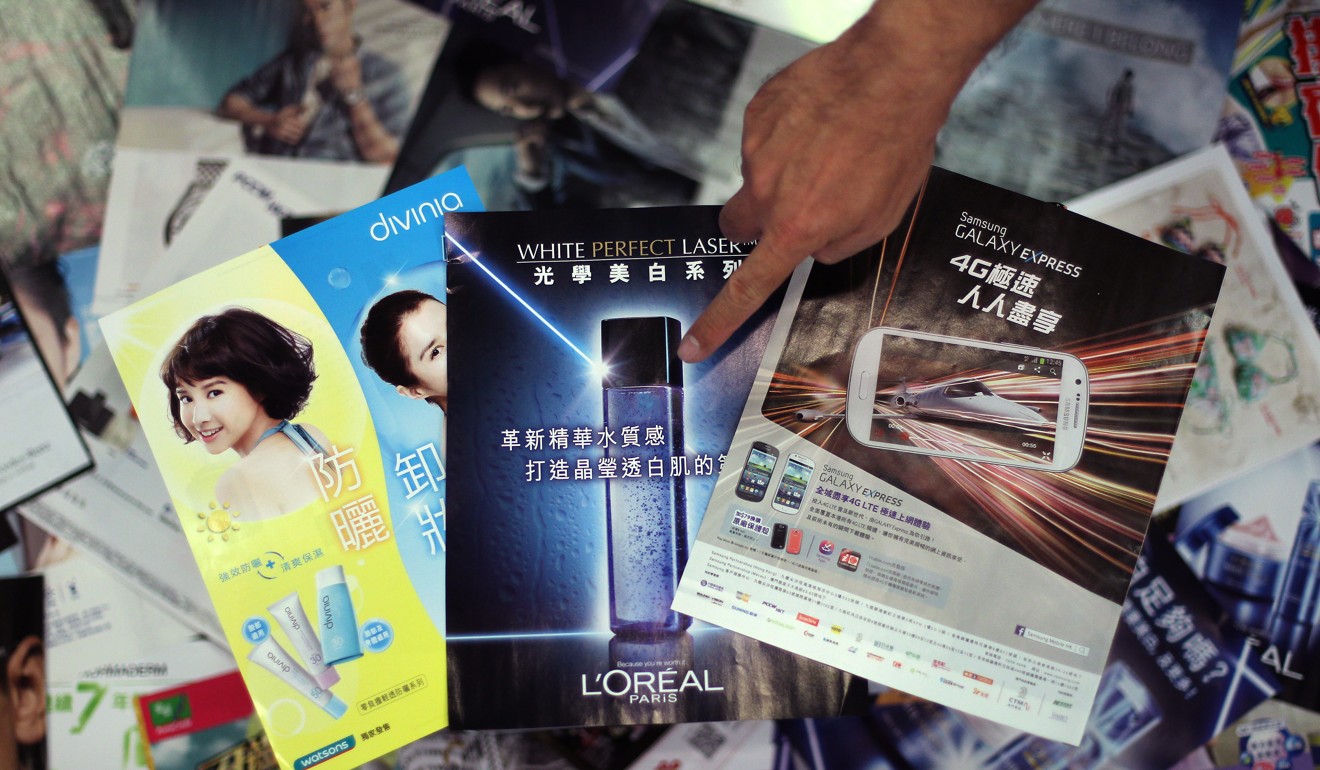
Legislators have repeatedly passed non-binding motions at Legco’s health services and commerce and industry panel in 2013 and 2014 to ask the government to set up a steering committee on regulation of the sector, and establish a beauty industry development council.
But legislator Kwok said there was little motivation for the government to introduce greater regulations because the sector, which opposes the bill, generates large – and growing – profits, boosting the city’s economy.
Feng added that as the new regulations continue to drag on, “it is virtually impossible to protect all the fools in Hong Kong from parting with their money, and gambling with their lives”.
Additional reporting by Rachel Blundy

